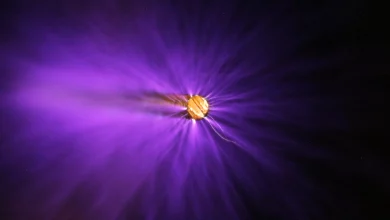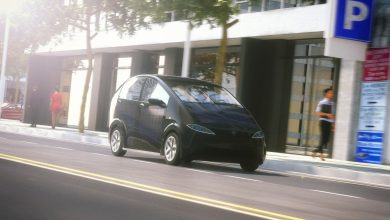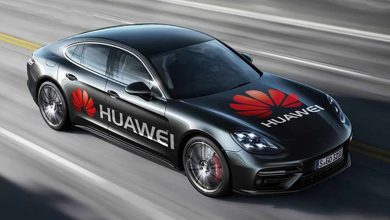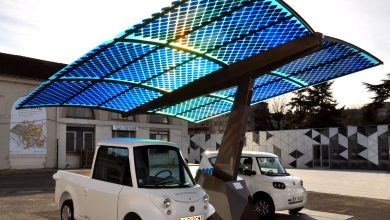
A budget electric vehicle (EV) selling in China for $4,500 (£3,200) is now outselling Tesla’s more upmarket cars.
State-owned Chinese automaker SAIC Motor is reportedly massively outselling Tesla in the country with its electric vehicles that sell for just 28,800 yuan ($4,465).
The boxy compact lives up to its name, measuring less than 3-meters long and 1.5-meters wide, yet can still accommodate four people. The price starts at 28,800 yuan ($4,460), though the most popular model, with air conditioning, goes for just over $5,000.
The compact car is proving a big hit for state-owned SAIC Motor, China’s top automaker.
China, which is the world’s largest car market and accounts for more than a fifth of Tesla’s revenue, is ramping up its efforts to boost electric vehicle sales as it tackles the country’s pollution problem.
The four-seat Hong Guang Mini, which has top speeds of 62 mph and an estimated cruising range of 120 miles, is being made as a joint venture between SAIC Motor, Liuzhou Wuling Motors, and General Motors.
Last month sales of the budget electric car in China were around double those of Tesla, which was questioned this month over safety issues there.
While the $4,500 Hong Guang Mini is the most popular model, there is an upgraded one with air conditioning for just over $5,000. The cars are being marketed as “the people’s commuting tool”.
The joint venture partnership, SAIC-GM-Wuling, is known as Wuling locally.
Car experts have said that while it clearly lags well behind Tesla when it comes to its battery, range and performance, its convenience and low price have made it one of China’s bestselling “new-energy” vehicles.
Having launched last year, the basic model has a top speed of 100km/h (62mph) and can accommodate four people at a squeeze.
“China’s government is serious about pollution reduction and becoming the global lead in adopting and promoting innovation of electric vehicles,” Shaun Rein, managing director of the China Market Research Group, told the BBC.
“We remain very bullish on the adoption of budget EVs like the Hong Guang Mini to higher end ones like NIO and Tesla.”
To promote EVs, the Chinese government offers license plates for free and they are guaranteed. In many cities, it can take months, if not years, to get a license plate for a petrol engine through various auction systems.
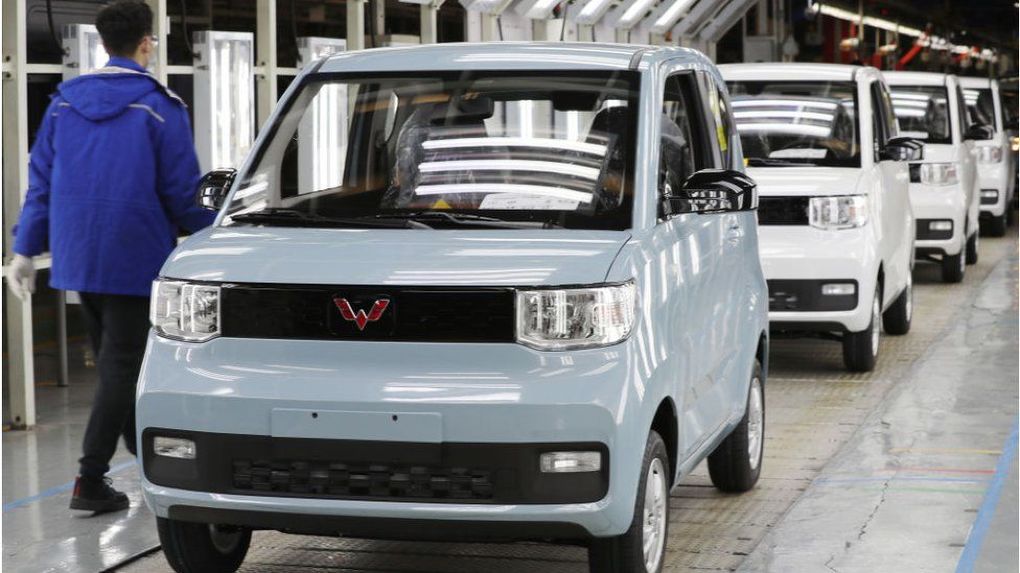
Taking on Tesla
The Hong Guang Mini EV saw sales of 112,000 for the second half of 2020, ranking second behind Tesla’s Model 3 which are made in its Shanghai factory.
Earlier this month five Chinese regulators summoned Tesla over quality and safety issues at its plant. China is Tesla’s largest market after the US.
For January, Hong Guang Mini sales outstripped Tesla almost two-to-one. It is now believed to be the second-best-selling electric model worldwide behind the Model 3.
The tiny, all-electric EV sold 25,778 models in China in January according to the China Passenger Car Association (CPCA). This compares to 13,843 for the Tesla Model 3.
But high-end electric vehicles have still been performing well with Tesla more than doubling its sales volume in China last year.
The Model 3 sells for about $39,000 in China factoring in price cuts due to its local production.
The Hong Guang Mini EV could make an appearance outside China, as Wuling has said it plans to export the EV overseas.
“China has so many makers of small and cheap electric vehicles, however most of them are low-quality and low-speed products that do not appeal to a wide market, said Sam Fiorani, at Auto Forecast Solutions.
“The Hong Guang Mini is the first time a major company has stepped up with a simple EV that targets buyers looking for a real car.”
Reports have linked Wuling to a Latvian automaker who could sell a version of the car in Europe. However, the price is likely to be twice as high due to European environmental requirements.
The Hong Guang Mini isn’t Tesla’s only rival in China.

As demand for electric vehicles has grown in the country, thanks in part to generous government subsidies, Chinese start-ups Nio, Li Auto, and Xpeng all announced surging sales in 2020.
Nio and Xpeng have both said their sales doubled in 2020 compared with 2019, and Li Auto sold 32,624 cars in 2020, its first full year of trading.
Tesla has also come under scrutiny from Beijing. Government officials met company representatives in February after reports about battery fires, unexpected acceleration, and failures in software updates.
Wedbush analyst Daniel Ives has said Tesla could sell 1 million vehicles in China in 2022 because of “eye popping demand” in the country, which could account for 40% of its global sales.
The country is the “heart and lungs” of Tesla’s demand growth, he added.
In 2020, around 21% of its revenue came from China, Tesla wrote in an SEC filing, and the company’s sales in China more than doubled to $6.66 billion that year.

